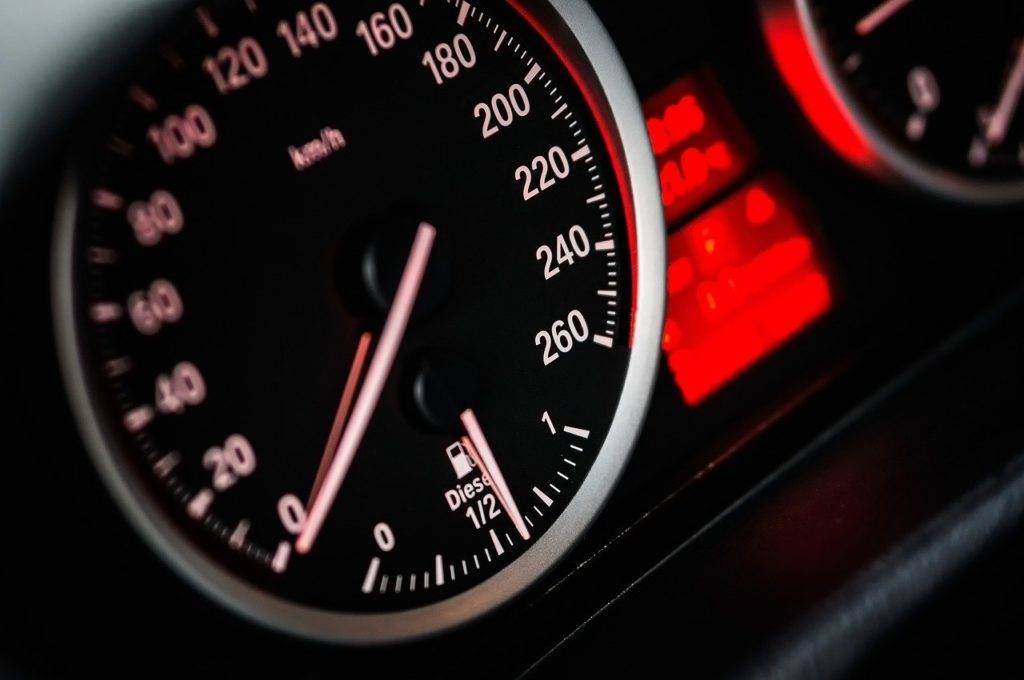Know your speaking rate.
Frequently, we have to give a speech within strict time limits. Speech contests are a good example. If a speaker goes over time by even one second, she is disqualified. Other examples include being given a 30-minute slot at a conference or 15 minutes to do an after-dinner speech.

Those who speak longer than they should do themselves no favours. Not only do they often bore their audiences, they can get an unwanted reputation for droning on. Once such a reputation gets around, it is hard to shake and could cost them speaking opportunities in the future. Far better to keep within time and leave them wanting more. So, how to do that?
One useful trick is to know your speaking rate; i.e., the number of words that you can say comfortably in one minute. Determining your speaking rate is easy. Pick a book that is written in the language in which the speech will be given. (Many people are multi-lingual. Your speaking rate in one language will not necessarily be the same as that in another language.)
Choose a book with straightforward text such as a novel. Do not use challenging material such as a technical manual or Shakespeare (unless you are a thespian of the highest calibre). Now, start a timer and begin to read out loud. After one minute, stop and count the words that you have read. That number is, roughly, your reading rate.
Suppose you want to compete in a Toastmasters contest where you have 7 minutes and 30 seconds maximum. My first suggestion is that you work on the basis of 7 minutes, thus giving yourself a 30-second buffer.
Let’s say your speaking rate is 135 words per minute. 7 x 135 = 945. Thus, when you are drafting your speech on paper, run a word count and make sure that you are more or less at 945 words. If you are at 1,200, chances are that you will either have to race through the speech to fit it all in, or you will go overtime. Neither option is desirable.
Of course, there are other considerations. Are you delivering a humorous speech? If so, have you factored in time for laughter? Have you considered the pauses that you will make, either for dramatic effect or to allow your audience to absorb the material? Do you need extra time to display props? All of these factors—and others—must be taken into account.
However, by knowing your speaking rate, you will have a good basis from which to work. It’s as easy as 1 – 2 – 3.
Now for some super-fast speaking:
















3 Replies to “Your speaking rate”
John,
Good post. That is great information, especially for novice speakers.
The auctioneers made me think of the guy from the micro machines commercials of way back – so fast, my brain can’t keep up with them.
“bbbbdee bdee bdeep, that’s all folks” ~ Porky Pig
All the best,
Matt
Yeah, here he is. What do yo think his speaking rate is?
http://www.youtube.com/watch?v=j2egGfd5j_k
Cheers,
Matt
So faster…is definitely not always better!
http://www.youtube.com/watch?v=BBSA-9GTffg&NR=1